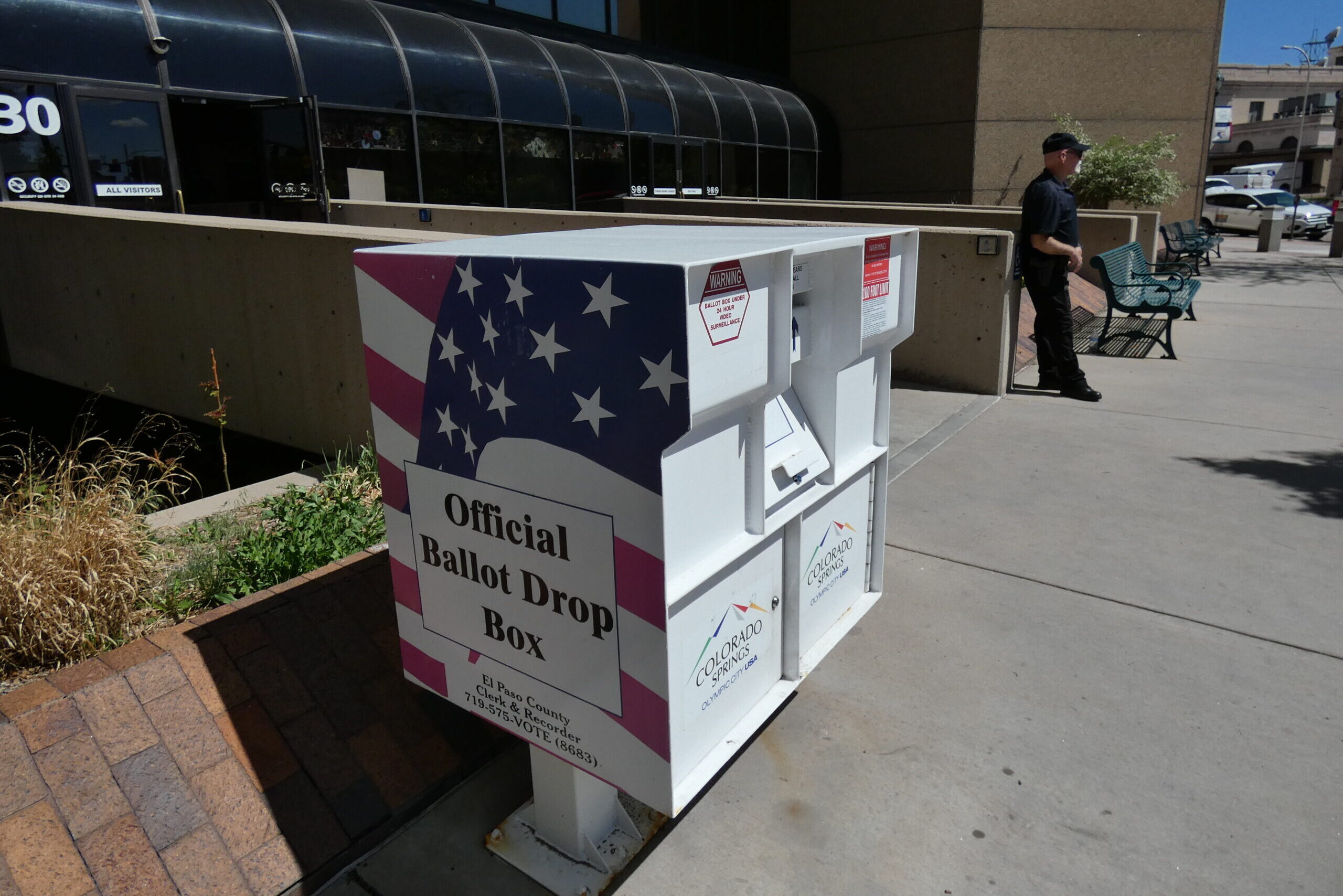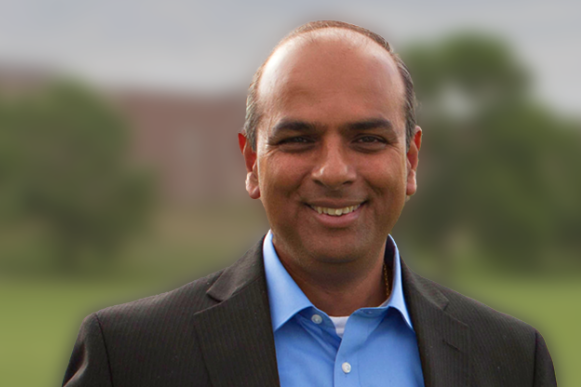Taylor Lobato speaks with reporters after Supreme Court hearing in Lobato Versus The State of Colorado.
Are Colorado’s kids getting the kind of education required by the state constitution? The state Supreme Court took up that question yesterday, and their decision could have multi-billion dollar consequences for the state and for the depth and quality of education school children here receive. CPR Education reporter Jenny Brundin reports on oral arguments in the case known as Lobato versus the State of Colorado.
Here is a transcript of her report:
Reporter Jenny Brundin: 17-year old Ofelia Gonzalez stands, smiling in the sunshine, outside downtown Denver’s Ralph Carr Supreme Court building. She’s travelled all the way from her tiny town of Center in the San Luis Valley to see the historic court session. Ofelia says she came because students in her school lack the basic materials they need to succeed. They have to share textbooks and the school can’t afford to offer advanced classes.
Ofelia Gonzalez: I know the students that are smart enough to take them, but we don’t have the opportunity to take them.
Reporter: And that’s at the heart of this landmark case, which in fact started in her tiny town, when the Lobato family, among others, filed a lawsuit in 2005. They alleged Colorado’s school system leaves some students at a disadvantage. In 2011 a Denver judge ruled the school funding system was not “thorough and uniform” as the constitution requires. The judge ordered lawmakers to come up with a new one. The state appealed. Here’s Assistant Attorney General Jonathan Fero reading the one line phrase that has spawned 8 years of legal wrangling.
Jonathan Fero: The General Assembly shall establish and maintain a thorough and uniform system of schools throughout the state.
Reporter: During the hour-long hearing in a packed courtroom, attorneys and the six justices sparred over the meaning of those words - and raised questions about how far to go in defining them for lawmakers. While the lower court described the system as “severely underfunded, arbitrary, and irrational,” Fero told the justices it was the opposite.
Fero: The General Assembly appropriates more money, more of its discretionary spending to K-through-12 education than through any other service combined. It’s 45% of the state budget. It’s clearly important to the legislature.
Reporter: Fero argued it’s wrong to ask the state to create a funding system that would only be constitutional if every student met academic goals.
Fero: Universal academic achievement, whatever its cost, while laudable, cannot be what the constitution requires. The extreme reach of such a standard violates separation of powers.
Reporter: Plaintiffs’ attorney Terry Miller, meanwhile, said the legislature has created academic standards. It should figure out how much money schools need to meet them.
Terry Miller: Everyone agrees now that the standards-based system in place is the goal we need to aim to. There needs to be an estimate of what that costs. What it costs to get there. And then they need to fund it.
Reporter: He took issue with Fero’s assertion that the court ordered the creation of a perfect system. He says plaintiffs are simply asking that all students be given the opportunity to achieve.
Miller: There’s no way a system can be thorough and uniform that leaves out the students that need it the most.
Reporter: The plaintiffs told justices that fewer than half of low-income students are graduating here. The state provides far less support for English language learners - called ELL students -than research says is needed. And in high school, almost 90 percent of ELL students are failing state tests. Attorney David Hinojosa:
David Hinojosa: It’s clear that the trial court correctly determined that the state’s funding scheme for ELL and low-income students is grossly arbitrary, irrational and inadequate to meet their needs.
Reporter: Five of the six justices asked questions of the two sides. After the state’s attorney referred to constitutional restrictions like TABOR that prevent lawmakers from passing tax increases, Justice Gregory Hobbs challenged him:
Justice Gregory Hobbs: I’m very concerned is that what the state’s arguing here is that we simply don’t have any duty and that we should give up…
Fero: I’m not saying that at all your honor.
Hobbs: Give us some summation if you can…..(fade down)
Reporter: When asked about the balance between the role of the court and the role of the legislature, plaintiffs’ attorney Terry Miller replied:
Miller: The important decision for the court now is to just declare a broken system unconstitutional and let the legislature do its job.
Reporter: Outside the courthouse, Taylor Lobato reflected on the monumental case - eight years after her parents filed the lawsuit – when she was a just middle school student in Center. She’s now a junior at the University of Denver.
Taylor Lobato: Even if the court does rule in our favor, we have a long way to go, the legislature has a long way to go, and it won’t be a win until the legislators provide an education system that provides for every single student in the state.
The state Supreme Court could either uphold the lower court ruling that the system is unconstitutional - or send it back to that court for more deliberation. There’s no deadline for the Justices to make a ruling.







